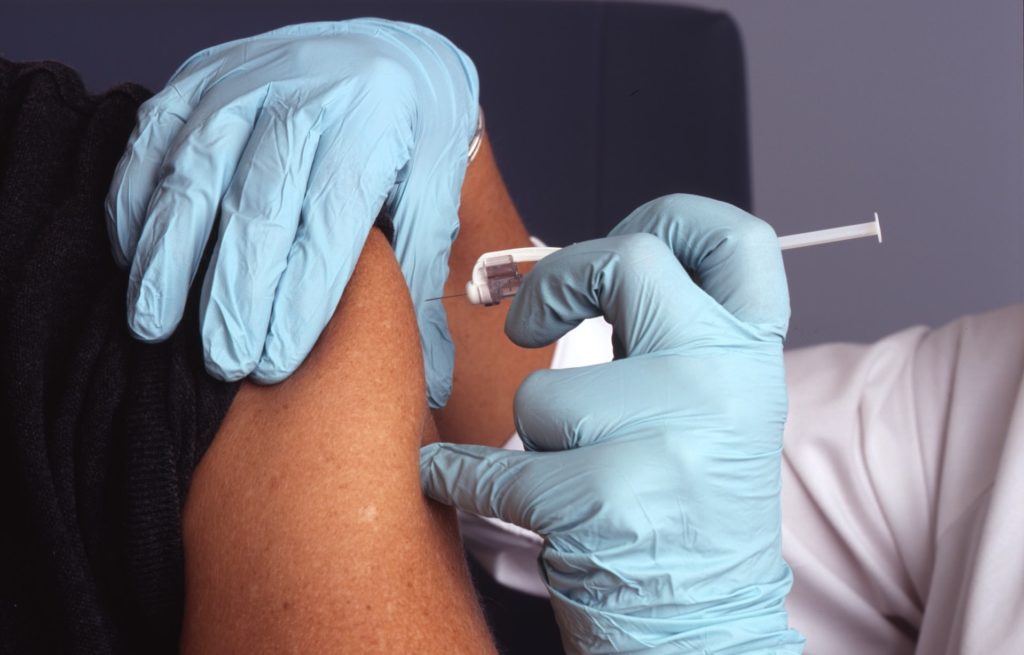A resolution seeking to ensure any future treatment or vaccines against the new coronavirus (Covid-19) remains widely accessible and affordable will be put forward by the PDVA labour party.
Announced on Tuesday, the motion is being led by party member Sofie Merckx, a general practitioner, who said federal leaders should activate a legal mechanism previously used to ensure wide accessibility to HIV vaccines across the world.
"Health must trump the interest of pharmaceutical firms," the far-left party wrote online. "In light of the sanitary crisis, the government must commit to using compulsory licencing, if necessary, to guarantee treatment for everybody."
The resolution comes as the World Health Organisation (WHO) calls on pharmaceutical companies free up intellectual property rights to potential treatments against the virus fueling the deadly pandemic.
Related News
- Coronavirus: Belgium reaches 31,119 confirmed cases
- Coronavirus: WHO selects Liège airport as key medical supply hub
- Coronavirus one month on: light at the end of the tunnel?
Compulsory licencing allows generic drug makers to produce a patented drug, treatment or vaccine against royalty payments to the patent-holder.
"In the 90s, compulsory licencing was used by the South African government to counter the high prices practised by firms who held the patent to HIV treatments, enabling generic drug companies to produce treatment for millions of people throughout the world," Merckx said.
Canada, Ecuador, and Chile have all moved to approve or consider using compulsory licencing for medicines, treatments and vaccines against the virus, with the resolution passed in near unanimity by Chilean lawmakers.
The motion will be presented for an initial reading among federal lawmakers on Thursday, with Merckx saying that the PDVA expected wide support from parties across the political spectrum.
"We think that we could have wide support for this due to the current public health emergency and the fact that a potential vaccine could save millions of lives," Merckx said in a phone statement. "There is no reason why we won't be able to find a majority of lawmakers to back this up."
Another key goal of using compulsory licencing would be to ensure that a future treatment remains accessible and that it is produced in sufficient quantities.
"If we find a vaccine, we know that mass production will be needed, and one firm may not be able to produce enough," adding that patent rights also created the possibility for price hikes.
"There would be no need to use compulsory licencing if [pharmaceutical] firms remain transparent on costs, if costs are payable for social security and if they are capable of producing enough for the demand, which will be massive," Merckx said.
"But it's important to inscribe this principle in law, to send the message that the government is ready to prioritise health over profit."
Gabriela Galindo
The Brussels Times

